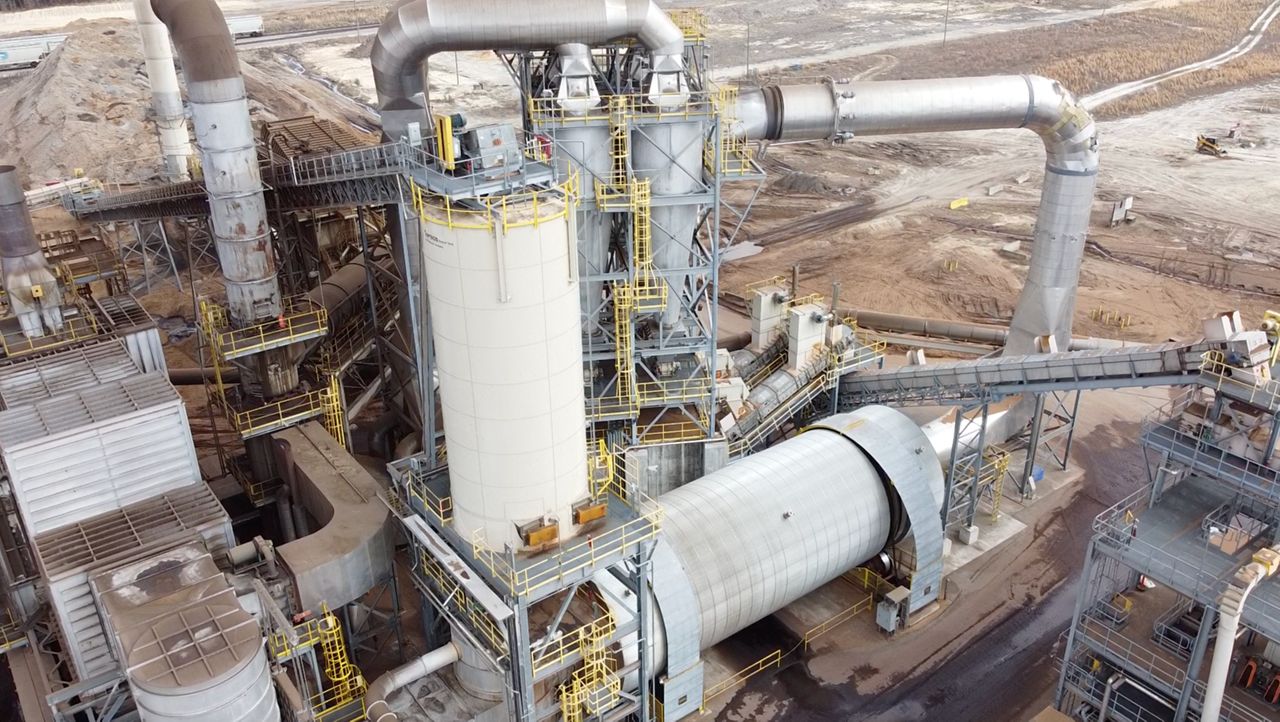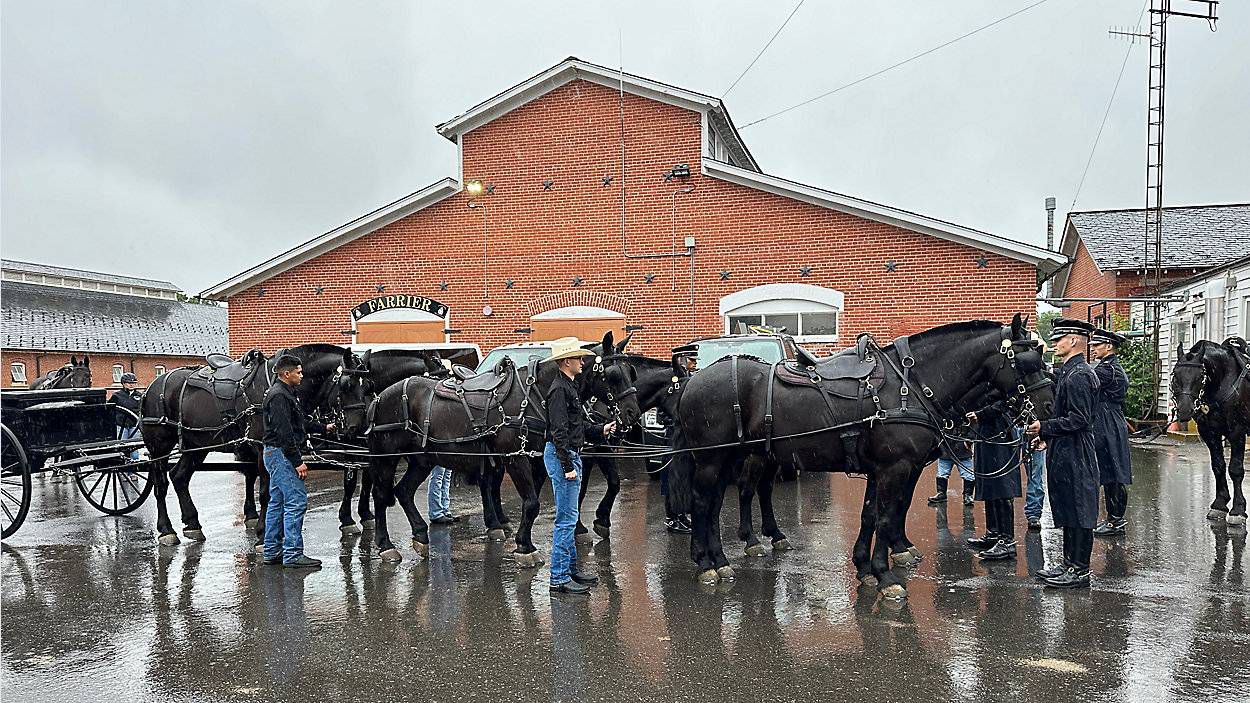RICHMOND COUNTY, N.C. — A fuel of the future that’s renewable and readily available in our state is a growing sector of energy.
North Carolina’s forests are one of its greatest resources both in terms of economic value and enhancing the quality of life for those living in the state. According to the North Carolina Forest Service, there are more than 18 million acres of forests in our state, which accounts for more than half of its land area.

The majority of that land is privately owned, giving landowners the ability to capitalize on the resource as they see fit. Some are partnering with a company that produces biomass — a fuel alternate to coal. Enviva is the world’s largest producer of sustainable wood bioenergy, better known as wood pellets.
The North Carolina Forest Service says more than 60% of the forest land in North Carolina is classified as commercial. When landowners make the choice to use the wood for timber, companies like Enviva get the leftovers.
“So we want the tops of trees. We want the limbs. We want everything that the lumber companies don't want, that's what we want to use,” said Jason Bunton, the plant manager for Enviva’s facility in Hamlet.
At the Hamlet facility alone, they produce 600,000 tons of pellets every year. Their goal is to have as little waste as possible using the leftovers from the timber industry. Anything that can’t be turned into a pellet is repurposed into fuel for the furnace.
“Every ton we make is another ton of coal that doesn't get used,” Bunton said. “So every day we're striving to make more and more.”

Dr. Dale McInnis has lived in the area his entire life and admits he was skeptical when the plant was first coming in. He lives just four miles from the factory and was concerned both about losing trees and increasing pollution. But since the plant’s opening in 2019 he says he’s changed his mind.
“I have toured the facility — really great opportunity — I think one thing that doesn't get reported, we have a tremendous timber industry in this part of the world, and those companies have really benefited, and the landowners have benefited from Enviva's presence,” McInnis said. “So [it’s] environmentally safe and secure. Economically, it's a real driver for our local economy.”
As the president of Richmond Community College he also spoke on the importance of having industries in the area that create jobs and entice people to stay. According to the North Carolina Forest Service, forestry is the second largest industry in the state, adding over $3 billion to the economy each year and employing nearly 150,000 workers.
“When we come into an area, we make those trees more and more valuable,” Bunton said. “So we say grow more trees. We want to make them as expensive as possible so people replant trees instead of clear cutting and using it for other things.”
The U.S. currently doesn’t have a market for wood pellets, which is why anything produced here is shipped to Europe. The final part of a pellet’s journey is a one-way ticket to the port in Wilmington.






)


